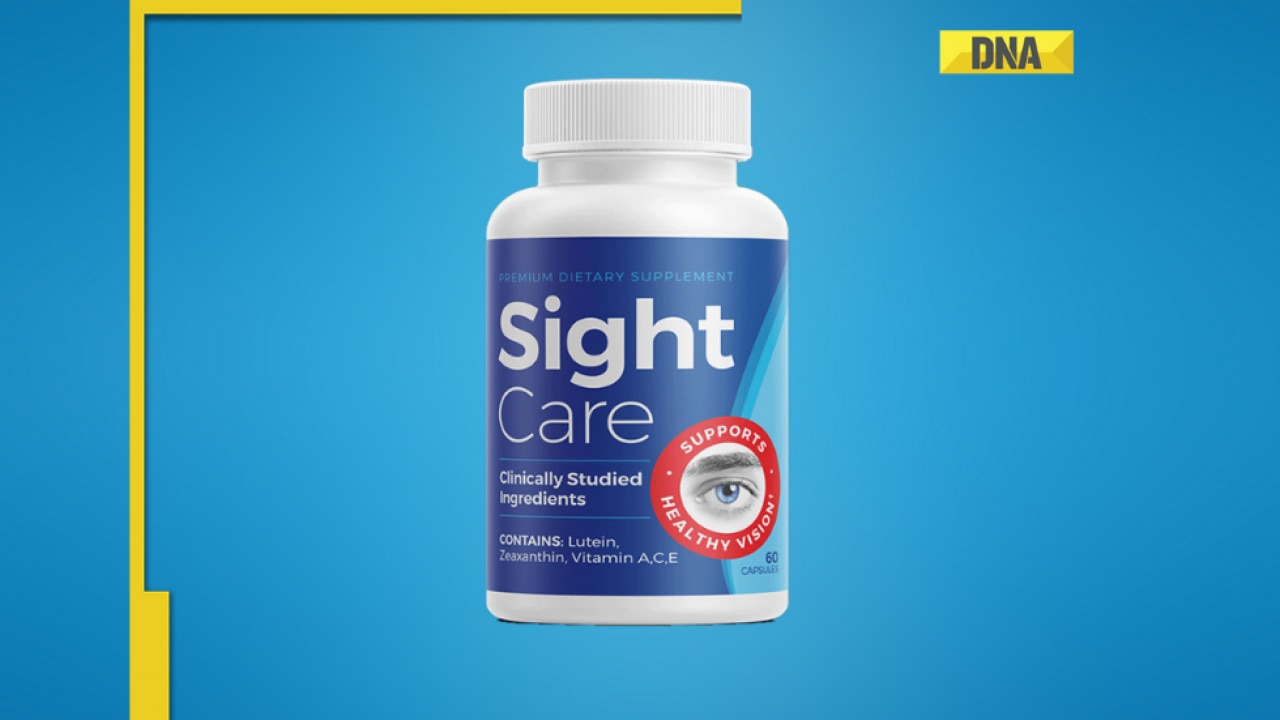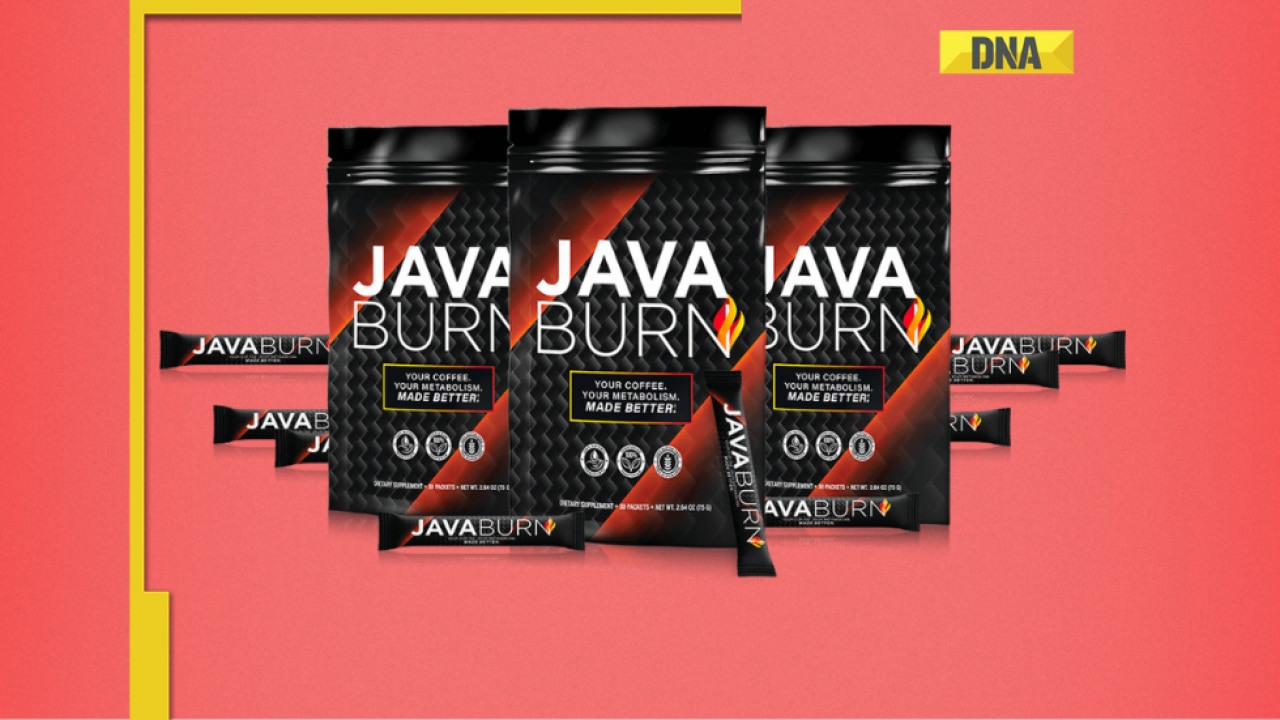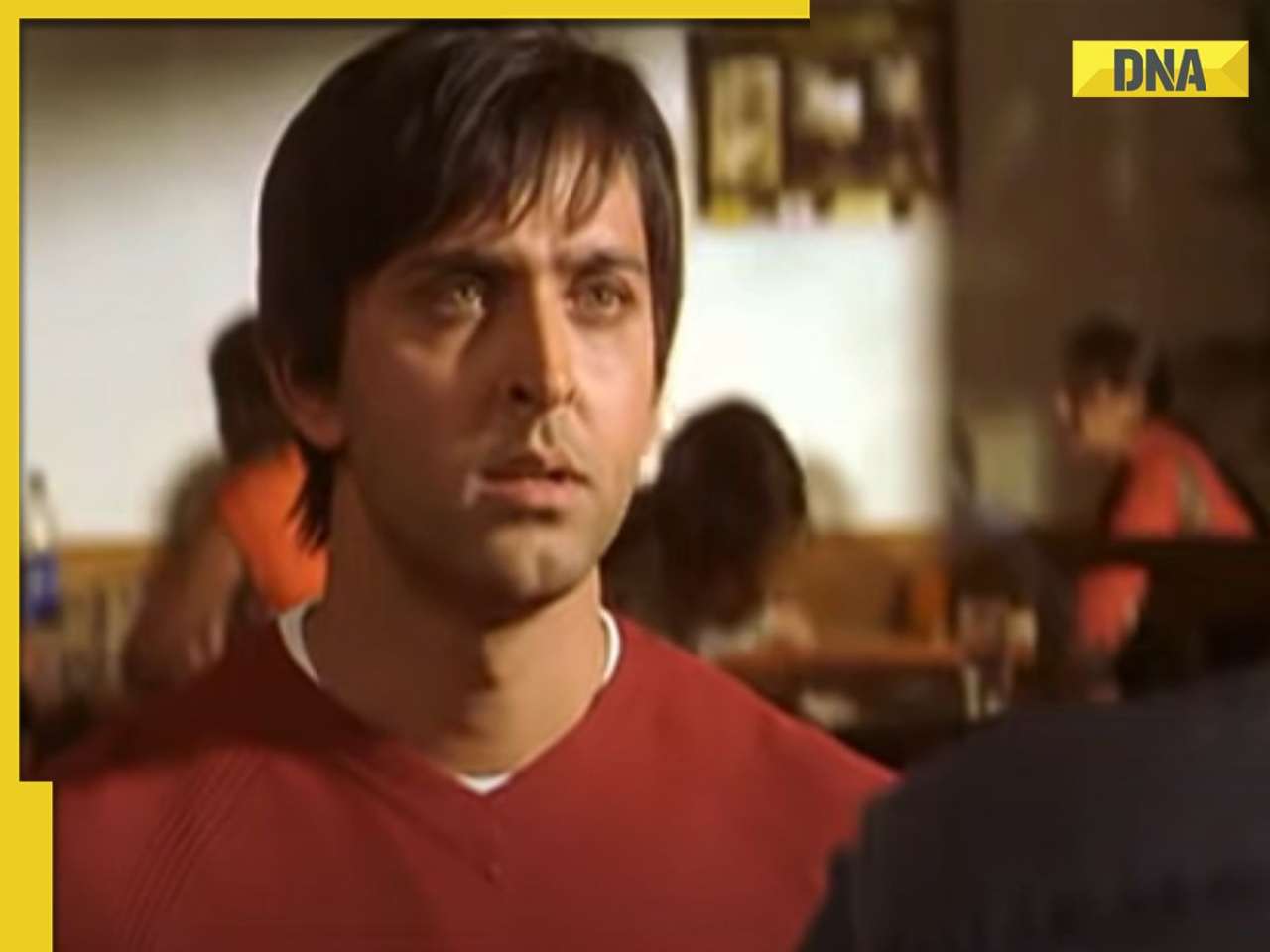Radiation or depression, simple neck ache or wrist pain… they’re all occupational hazards that are likely to get worse as time goes by and work pressures intensify. Beulah Pereira speaks to experts to assess the risks of demanding professions, the lack of mental and physical fitness and what the future holds
What are occupational hazards?
An occupational hazard is defined as a risk accepted as a consequence of a particular occupation. For instance, visual overload is an occupational hazard for busy art critics. “Future occupational hazards will mostly be related to exposure to radiation and toxic chemicals,” predicts Dr. Christopher De Souza, honorary ENT and skull base surgeon at Mumbai’s Holy Family Hospital.
“Any new occupational hazards which may crop up in the future will definitely fall in the lifestyle mismanagement category where people fail to adjust to working environments and are thus susceptible to risks,” adds Dr. N. Somasekhar Reddy, Consultant Orthopedic Surgeon at Apollo Hospital in Hyderabad, who cites wrist pain in a typist as a “modern occupational hazard”.
Future occupational hazards:
> Radiation: The frequent and exponential increase in the usage of devices like microwaves, television sets, mobile phones and the thinning of the ozone layer increase our exposure to harmful ionising radiation, which is likely to be a huge threat in the years to come.
If there is another nuclear meltdown like Fukushima or Chernobyl there will be more far-reaching consequences, very much like the nuclear apocalypse predicted.
> Uncontrolled consumption: The enormous misuse of water, resulting in shrinking amounts of groundwater all over the world puts us up against diseases because the soil also contains harmful chemicals, rendering it dangerous. Hazardous conditions like arsenic poisoning is widely seen in Bengal and Rajasthan because the chemicals in the soil enter the water, which in turn reaches households. Cases of cancer due to this, were also cited.
With the growing consumption of fast food, soft drinks contain large amounts of chemicals that do not have any benefit. For example, the famous beverage Red Bull, which usually energises the person, was sued for adding chemicals, which meddled with the sleeping patterns of an individual. In addition, obesity is now a global epidemic and by 2050, it will be the number one health problem in the world, beginning with the USA.
> Dealing with depression: Depression is the commonest and most under-diagnosed health problem according to the World Health Organisation (WHO). In most cases around the world, when struck with a health problem, depression does set in, making it difficult to deal with.
What can be done?
Unfortunately, due to continuous exposure to unfavourable job environments, occupational hazards are chronic because of cumulative damage, i.e. regular and frequent exposure to toxic items and substances over prolonged periods of time.
However, it also depends upon the preparedness of the employees to have appropriate pre-job training and checks to identify the vulnerable group of individuals, since all individuals doing the same job are not equally at risk for similar occupational problems, explains Reddy.
Take the necessary precautions
While there will be ways and means to deal with such issues, Reddy questions how long one can actually depend on them. The usual standby for a neck ache, for instance, is a medical collar to support the neck muscle. “All these ‘supports’ are modifying the movement of a given body part since the ‘part’ may be sore due to some other reason. It is always better to tackle the root cause and understand why that particular movement is painful,” he advises.
It’s all in the mind
“While there is nothing psychosomatic about occupational hazards, once the disease sets in, the person tends to become depressed,” explains De Souza. Reddy agrees and says, “However, social fabric and family support have a huge impact. Well-educated persons in high-paying jobs and others in low-paying jobs are both equally at risk, depending up on their mental make-up.”
![submenu-img]() Balancing Risk and Reward: Tips and Tricks for Good Mobile Trading
Balancing Risk and Reward: Tips and Tricks for Good Mobile Trading![submenu-img]() Balmorex Pro [Is It Safe?] Real Customers Expose Hidden Dangers
Balmorex Pro [Is It Safe?] Real Customers Expose Hidden Dangers![submenu-img]() Sight Care Reviews (Real User EXPERIENCE) Ingredients, Benefits, And Side Effects Of Vision Support Formula Revealed!
Sight Care Reviews (Real User EXPERIENCE) Ingredients, Benefits, And Side Effects Of Vision Support Formula Revealed!![submenu-img]() Java Burn Reviews (Weight Loss Supplement) Real Ingredients, Benefits, Risks, And Honest Customer Reviews
Java Burn Reviews (Weight Loss Supplement) Real Ingredients, Benefits, Risks, And Honest Customer Reviews![submenu-img]() Gurucharan Singh is still unreachable after returning home, says Taarak Mehta producer Asit Modi: 'I have been trying..'
Gurucharan Singh is still unreachable after returning home, says Taarak Mehta producer Asit Modi: 'I have been trying..'![submenu-img]() RBSE 12th Result 2024 Live Updates: Rajasthan Board Class 12 results DECLARED, get direct link here
RBSE 12th Result 2024 Live Updates: Rajasthan Board Class 12 results DECLARED, get direct link here![submenu-img]() IIT graduate Indian genius ‘solved’ 161-year old maths mystery, left teaching to become CEO of…
IIT graduate Indian genius ‘solved’ 161-year old maths mystery, left teaching to become CEO of…![submenu-img]() RBSE 12th Result 2024 Live Updates: Rajasthan Board Class 12 results to be announced soon, get direct link here
RBSE 12th Result 2024 Live Updates: Rajasthan Board Class 12 results to be announced soon, get direct link here![submenu-img]() Meet doctor who cracked UPSC exam to become IAS officer but resigned after few years due to...
Meet doctor who cracked UPSC exam to become IAS officer but resigned after few years due to...![submenu-img]() IIT graduate gets job with Rs 45 crore salary package, fired after few years, buys Narayana Murthy’s…
IIT graduate gets job with Rs 45 crore salary package, fired after few years, buys Narayana Murthy’s…![submenu-img]() DNA Verified: Is CAA an anti-Muslim law? Centre terms news report as 'misleading'
DNA Verified: Is CAA an anti-Muslim law? Centre terms news report as 'misleading'![submenu-img]() DNA Verified: Lok Sabha Elections 2024 to be held on April 19? Know truth behind viral message
DNA Verified: Lok Sabha Elections 2024 to be held on April 19? Know truth behind viral message![submenu-img]() DNA Verified: Modi govt giving students free laptops under 'One Student One Laptop' scheme? Know truth here
DNA Verified: Modi govt giving students free laptops under 'One Student One Laptop' scheme? Know truth here![submenu-img]() DNA Verified: Shah Rukh Khan denies reports of his role in release of India's naval officers from Qatar
DNA Verified: Shah Rukh Khan denies reports of his role in release of India's naval officers from Qatar![submenu-img]() DNA Verified: Is govt providing Rs 1.6 lakh benefit to girls under PM Ladli Laxmi Yojana? Know truth
DNA Verified: Is govt providing Rs 1.6 lakh benefit to girls under PM Ladli Laxmi Yojana? Know truth![submenu-img]() Urvashi Rautela mesmerises in blue celestial gown, her dancing fish necklace steals the limelight at Cannes 2024
Urvashi Rautela mesmerises in blue celestial gown, her dancing fish necklace steals the limelight at Cannes 2024![submenu-img]() Kiara Advani attends Women In Cinema Gala in dramatic ensemble, netizens say 'who designs these hideous dresses'
Kiara Advani attends Women In Cinema Gala in dramatic ensemble, netizens say 'who designs these hideous dresses'![submenu-img]() Influencer Diipa Büller-Khosla looks 'drop dead gorgeous' in metallic structured dress at Cannes 2024
Influencer Diipa Büller-Khosla looks 'drop dead gorgeous' in metallic structured dress at Cannes 2024![submenu-img]() Kiara Advani stuns in Prabal Gurung thigh-high slit gown for her Cannes debut, poses by the French Riviera
Kiara Advani stuns in Prabal Gurung thigh-high slit gown for her Cannes debut, poses by the French Riviera![submenu-img]() Heeramandi star Taha Shah Badussha makes dashing debut at Cannes Film Festival, fans call him ‘international crush’
Heeramandi star Taha Shah Badussha makes dashing debut at Cannes Film Festival, fans call him ‘international crush’![submenu-img]() Haryana Political Crisis: Will 3 independent MLAs support withdrawal impact the present Nayab Saini led-BJP government?
Haryana Political Crisis: Will 3 independent MLAs support withdrawal impact the present Nayab Saini led-BJP government?![submenu-img]() DNA Explainer: Why Harvey Weinstein's rape conviction was overturned, will beleaguered Hollywood mogul get out of jail?
DNA Explainer: Why Harvey Weinstein's rape conviction was overturned, will beleaguered Hollywood mogul get out of jail?![submenu-img]() What is inheritance tax?
What is inheritance tax?![submenu-img]() DNA Explainer: What is cloud seeding which is blamed for wreaking havoc in Dubai?
DNA Explainer: What is cloud seeding which is blamed for wreaking havoc in Dubai?![submenu-img]() DNA Explainer: What is Israel's Arrow-3 defence system used to intercept Iran's missile attack?
DNA Explainer: What is Israel's Arrow-3 defence system used to intercept Iran's missile attack?![submenu-img]() Gurucharan Singh is still unreachable after returning home, says Taarak Mehta producer Asit Modi: 'I have been trying..'
Gurucharan Singh is still unreachable after returning home, says Taarak Mehta producer Asit Modi: 'I have been trying..'![submenu-img]() ‘Jo mujhse bulwana chahte ho…’: Angry Dharmendra lashes out after casting his vote in Lok Sabha Elections 2024
‘Jo mujhse bulwana chahte ho…’: Angry Dharmendra lashes out after casting his vote in Lok Sabha Elections 2024![submenu-img]() Deepika Padukone spotted with her baby bump as she steps out with Ranveer Singh to cast her vote in Lok Sabha elections
Deepika Padukone spotted with her baby bump as she steps out with Ranveer Singh to cast her vote in Lok Sabha elections![submenu-img]() Jr NTR surprises fans on birthday, announces NTR 31 with Prashanth Neel, shares details
Jr NTR surprises fans on birthday, announces NTR 31 with Prashanth Neel, shares details ![submenu-img]() 86-year-old Shubha Khote wins hearts by coming out to cast her vote in Lok Sabha elections, says meant to inspire voters
86-year-old Shubha Khote wins hearts by coming out to cast her vote in Lok Sabha elections, says meant to inspire voters![submenu-img]() Watch viral video: Man gets attacked after trying to touch ‘pet’ cheetah; netizens react
Watch viral video: Man gets attacked after trying to touch ‘pet’ cheetah; netizens react![submenu-img]() Real story of Lahore's Heermandi that inspired Netflix series
Real story of Lahore's Heermandi that inspired Netflix series![submenu-img]() 12-year-old Bengaluru girl undergoes surgery after eating 'smoky paan', details inside
12-year-old Bengaluru girl undergoes surgery after eating 'smoky paan', details inside![submenu-img]() Viral video: Pakistani man tries to get close with tiger and this happens next
Viral video: Pakistani man tries to get close with tiger and this happens next![submenu-img]() Owl swallows snake in one go, viral video shocks internet
Owl swallows snake in one go, viral video shocks internet








































)
















)
)
)
)
)
)